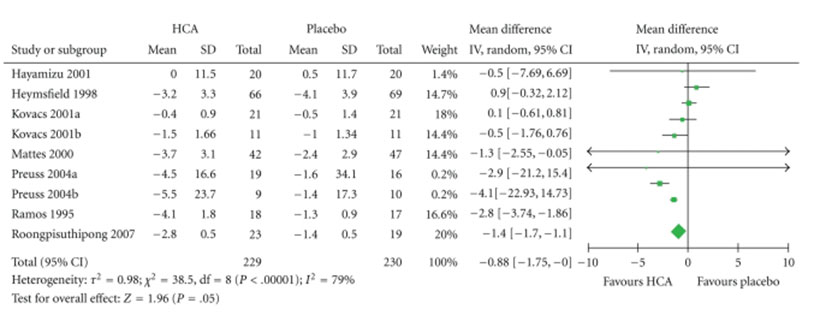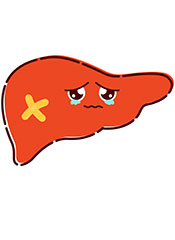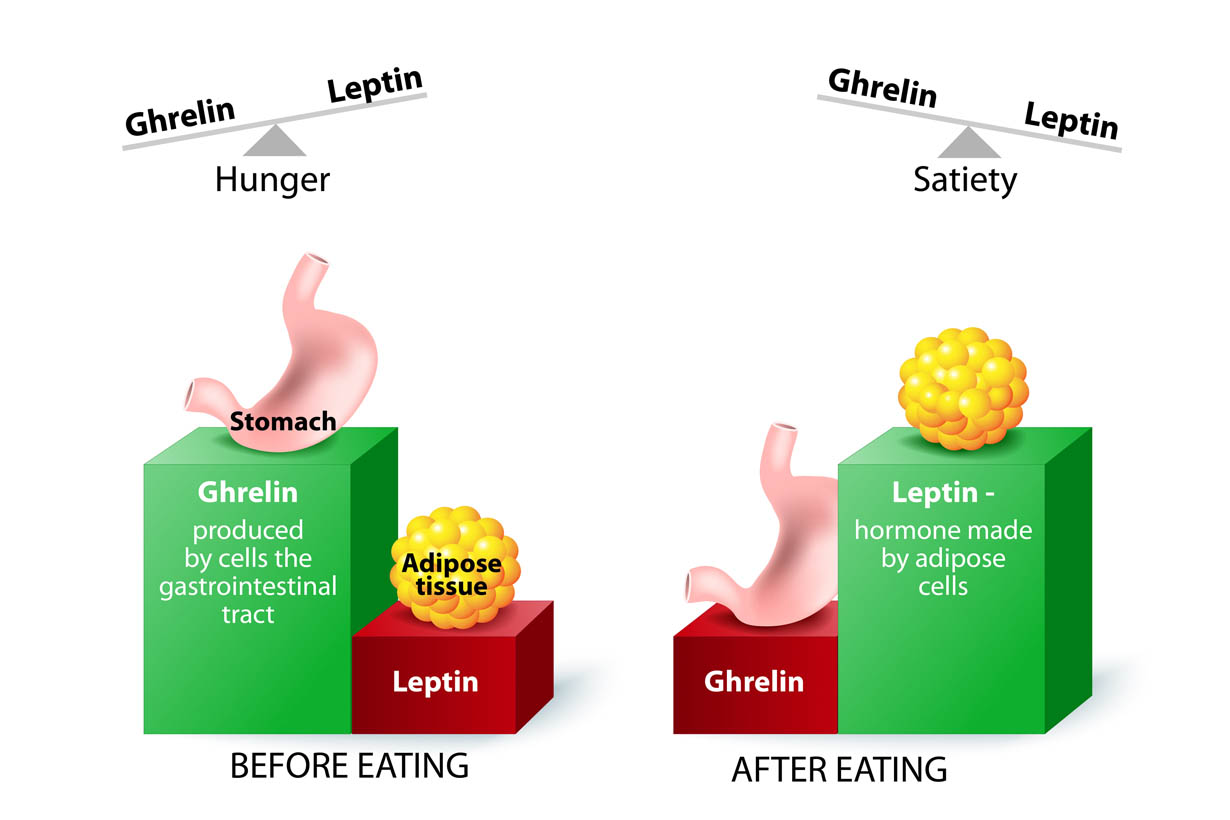Garcinia Cambogia: Weight Loss or Worthless?

While diet should always come first, some people look for a quick fix and turn to various weight loss supplements.
One of the most popular of these ‘fat-burning’ options is Garcinia Cambogia.
Known as one of the many (so-called) “miracle” products endorsed by Dr. Oz, this herbal supplement is a multi-million dollar industry.
Although some claim it helps us to lose weight safely, others view it as nothing more than snake oil.
This article provides the facts about garcinia cambogia extract, including the benefits, drawbacks and possible risks according to published researcg.
What is Garcinia Cambogia?
With the botanical name of ‘garcinia gummi-gutta,’ garcinia cambogia is an incredibly sour tropical fruit that is native to Indonesia.
People also refer to the fruit as ‘brindleberry’ and ‘malabar tamarind’.
Garcinia cambogia looks somewhat similar to a pumpkin, but it is pale green in color;

The size can vary, and it can be as small as a persimmon or as big as a grapefruit.
Manufacturers use an extract from the fruit’s peel to make the “natural” weight loss supplement.
This peel contains hydroxycitric acid (HCA), which is the main active ingredient in the supplement.
Various studies show this compound to have potential positive and negative biological impacts on health.
Uses
The predominant use of garcinia cambogia extract is for weight loss.
However, studies also link it to better cholesterol and blood sugar regulation among other benefits.
Also, it is a favorite food condiment well-known for its sour taste in Indian and Thai cuisine.
How Does Garcinia Cambogia Work?
There are several theories on how garcinia cambogia may cause weight loss, ranging from appetite suppression to “blocking” fat accumulation.
 What do the studies say?
What do the studies say?
First of all, the research is very mixed, but here are some results from studies looking into the extract;
Blood Sugar
Several studies show that garcinia cambogia extract delays intestinal glucose absorption (1, 2, 3).
The net effect of this is a decreased blood glucose (and subsequent insulin) response after food.
As a result, there is an indirect effect on appetite suppression.
This may potentially happen because larger spikes and falls in blood glucose and insulin levels might stimulate hunger and food cravings. In contrast, stable blood-glucose levels encourage satiety (4, 5, 6).
Appetite and Cravings
Several studies analyze the impact of HCA—the active ingredient of garcinia cambogia—on appetite suppression.
First of all, animal studies show the extract exerts an influence on the brain cortex to down-regulate appetite.
This leads to a decrease in the time the animals spend feeding and a subsequent loss of abdominal fat (7, 8).
Despite limited data on human participants, several recent randomized controlled trials suggest a positive impact on weight loss.
These double-blind, placebo-controlled studies found that appetite suppression is a common observation (9).
The effect of garcinia cambogia on appetite suppression may be due to the compound raising serotonin levels in the brain (10).
Serotonin is a powerful hormone which—according to research—helps control appetite and decreases food cravings (11, 12).
However, human studies are inconsistent, with some showing a positive effect on satiety and others showing no effect (13, 14, 15, 16).
Blocking Fat Production
Another health claim behind garcinia cambogia extract is that it “blocks” fat production.
So, how does this work?
HCA completely blocks an enzyme called adenosine triphosphate citrate lyase.
I know that’s a bit of a mouthful, so we can call it ATP citrate lyase for short.
ATP citrate lyase is an essential enzyme for the synthesis of fatty acids.
In particular, it plays a significant role in de novo lipogenesis (basically the conversion of carbohydrates into fat stores).
Due to HCA blocking this enzyme, garcinia cambogia supplements suppress de novo lipogenesis, which supposedly translates to decreased fat gain (17, 18, 19).
However, it is worth noting that most stored fat comes from dietary fat intake rather than de novo lipogenesis.
Does Garcinia Cambogia Extract Cause Weight Loss?

Knowing how the supplement supposedly works is helpful, but does it actually cause weight loss?
And if so, how much?
Here are some findings from a variety of human studies;
Positive Studies
- A 16-week randomized controlled trial involving 44 participants resulted in “significantly reduced visceral, subcutaneous, and total fat areas compared with the placebo group” (20).
- Human studies—both in ordinary untrained people and athletes—show that HCA supplementation slightly increases fat oxidation (21, 22).
- An 8-week randomized controlled trial suggests weight loss benefits, with participants BMI decreasing by 5-6% versus placebo (23).
Negative Studies
If you were starting to think that garcinia cambogia sounds good, there are also some negative findings.
These studies appear to contradict the positive outcomes;
- A randomized controlled 10-week study of eighty-six overweight subjects had no effect on weight loss compared to placebo (24).
- In a randomized, controlled study analyzing sedentary male participants, HCA did not alter the rate of fat oxidation. This was equally ineffective during exercise and when resting (25).
- A further 12-week RCT of 135 subjects found that garcinia cambogia “failed to produce significant weight loss beyond that observed with placebo” (26).
Meta-Analysis of Randomized, Controlled Trials
There is a relatively large-scale meta-analysis from 2011 that analyzes prior RCTs on garcinia cambogia (27).
The study provides an easy visual demonstration of the weight loss outcomes;

As we can see, nine RCTs show supplementation is slightly more effective than placebo.
Commenting on the study, the researchers noted that garcinia cambogia extract induces short-term weight loss.
However, they added that “the magnitude of this effect is small” and “its clinical relevance seems questionable.”
Side Effects

It is true that garcinia cambogia is a “natural” supplement from fruit.
However, any compound that can influence hormones in the body is also powerful enough to have side effects.
Mild Reactions
Some people have documented mild side effects when taking the supplement. For example, some of these include (27, 28, 29);
- Brain fog
- Diarrhea
- Dizziness
- Digestive issues
- Fatigue
- Headaches
- Lower immunity
- Nausea
- Stomach discomfort
However, only a small proportion of people using garcinia cambogia experience these.
Serious Adverse Effects
Although rare, there are also records of severe side effects. These include liver damage and serotonin toxicity;
Liver Damage

One patient developed liver failure shortly after starting a 60-capsule bottle of garcinia cambogia.
The lady in question became progressively worse and eventually needed a liver transplant due to liver failure.
There is no definite proof this was due to her supplement.
However, researchers conducted an investigation that found that “garcinia cambogia was the most probable” cause of the liver failure (30).
There have also been several cases of liver damage in people taking Hydroxycut, a supplement that also contains HCA (31, 32).
Serotonin Toxicity
Garcinia cambogia can help increase the amount of serotonin in the body.
A lady who took the supplement was also taking serotonin reuptake inhibitor (SSRIs) prescription drugs.
As a result, she suffered from serotonin toxicity and subsequently developed hypertension and tachycardia, requiring emergency treatment (31).
This story is a good reminder to be aware of possible drug interactions when taking any supplements.
Anyone taking prescription medicines should always be cautious and check with their physician before commencing supplementation.
Is Garcinia Cambogia Extract Safe?

Despite these mild and severe side effects being very dangerous, they are also very rare.
The vast majority of people using the supplement have no adverse symptoms.
However, any drug or herbal supplement can have side effects.
It’s also worth remembering that herbal supplements do not need FDA approval before going on sale.
As a result, many supplements on the market are not proven to be safe.
However, the bulk of research—including randomized, controlled trials—concludes that garcinia cambogia diet pills are safe for human consumption (32, 33, 34).
On the other hand, no safety trials last longer than 12 weeks, so the long-term safety profile is unknown (35).
Non-Weight Loss Benefits
Aside from weight loss, garcinia cambodia extract has some other documented benefits;
- Improved cholesterol profile: A study on obese participants found that garcinia cambogia “significantly reduces triglyceride levels.” However, other health markers such as LDL and HDL remained the same. Animal studies also show the same triglyceride-lowering effect (36, 37, 38).
- Lowers blood glucose levels: Various studies show that groups supplementing with garcinia cambogia have lower blood sugar spikes after eating compared to placebo (39, 40).
- Normalizes leptin levels: People using garcinia cambogia experience a reduction in leptin levels. High leptin in the blood is associated with cardiovascular risk (27, 41, 42).
- Reduces inflammation: Studies suggest that HCA can improve antioxidant status and mitochondrial function. As a result, it helps to reduce inflammation and oxidative damage (43, 44, 45, 46).
The Verdict: Weight Loss or Worthless?
Looking at the science behind garcinia cambogia, it may help contribute to lose a minimal amount of weight.
On the other hand, it does not guarantee safe and effective weight loss, and nor is it necessary to take diet supplements.
The single best way to lose weight is through a healthy, well-formulated diet tailored to the individual that prioritizes nutrient-rich foods.
Certain foods may also have some degree of appetite suppressant effect, which may be worth checking out.

 What do the studies say?
What do the studies say?





2 thoughts on “Garcinia Cambogia: Weight Loss or Worthless?”
Garcinia is called kokum – used in curries in coastal India. It is consumed on a daily basis and if you discount for the youth who are into junk food the rest of the population in this region is quite fit and lean without any side effects. Why is it that people dont look for phrases like ” not proven safe” when we are being sold junk like burgers, gmo chicken and God-knows-what else? They are still selling and here we are busy dissecting a naturally occurring, used for generations as part of food culture ingredient on the basis of trials that are not even a year long…
Hi B,
The ‘not proven safe’ is in regard to dietary supplements in general, since it’s a somewhat unregulated industry.
I know about Garcinia Cambodia’s historical usage in food – and I’m sure it’s very healthy in that respect. However, the article was about the high potency extract of garcinia that dietary supplements use. The studies show a few pros and a few cons, so I wanted to give balance by including both the positives and negatives.
You are definitely right about junk food and additives in food!
Comments are closed.